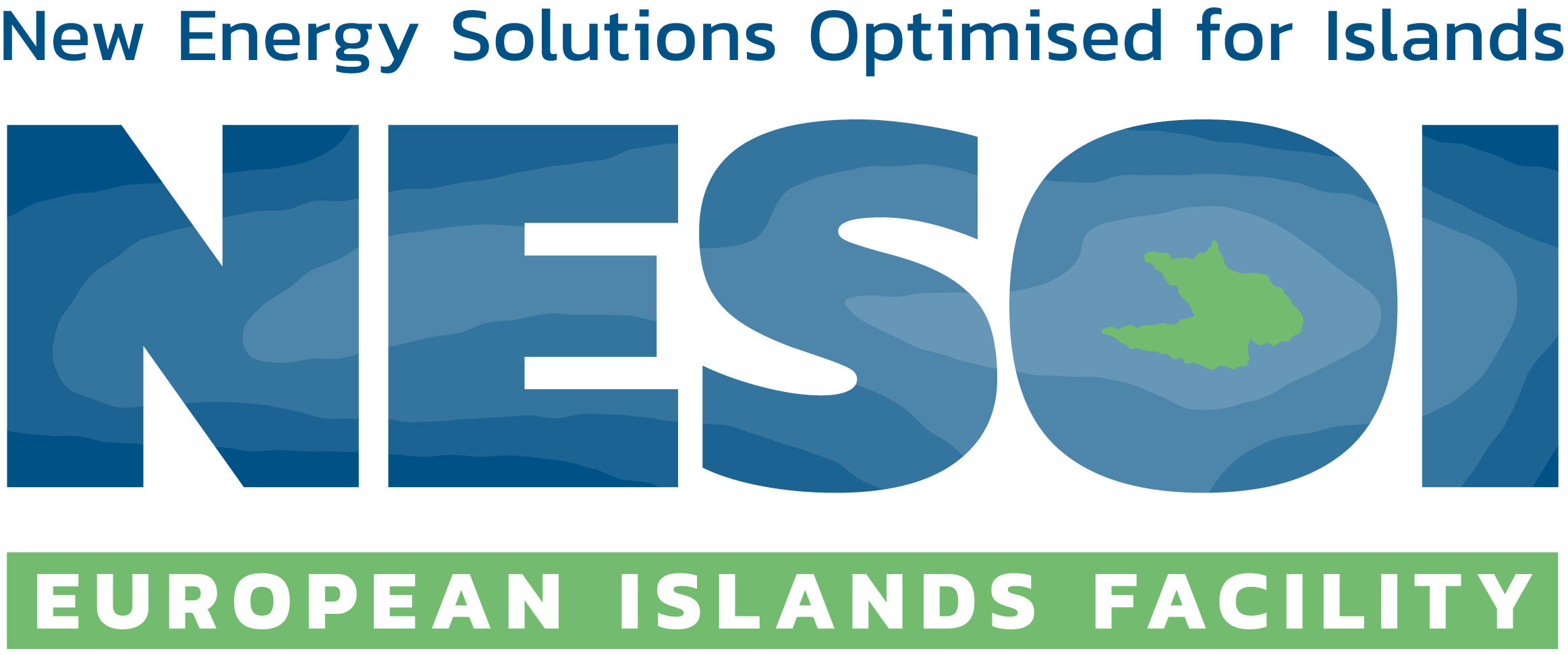Local Energy Community "Energía Bonita y Renovable" is a project supported by NESOI European Islands Facility, managed by our partners from CIRCE, and promoted by La Palma Renovable and Cabildo Insular de La Palma.
What is CEL-EBRE?
This project was initiated based on the interest of the citizens of La Palma in creating an energy community on this island. The Cabildo has always supported the organization of the Energy Community. The aim was to obtain electricity at a lower price and to minimize the CO2 emissions, to the benefit of citizens, SMEs and the Cabildo. Solar PV technology was chosen, which is very scalable and allows developing projects of various sizes.
Additionally, an attempt is being made to take advantage of a hydroelectric plant that is not used, Salto del Mulato. This plant was operated by Endesa, which had the administrative concession for 99 years. The plant stopped working in 2004, and the concession expired. Currently, the plant is not working, and the Cabildo de La Palma is interested in commissioning it again. This plant was chosen because the concession had ended, and the plant had already been built, minimizing the investment to be made and the environmental impact.
The Local Energy Community (LEC) is going to be created following the high interest expressed by some citizens and the involvement of several municipalities of the island. The first pilot consists of photovoltaic power plants for shared self-consumption, reserving part of the energy generated to support people in energy poverty situations.
The LEC initiative in La Palma has already attracted attention from the mainland. Being in close contact with local government and with the national Energy Institute IDAE and the effort to communicate every step would facilitate dissemination and contribute to the replicability.
CEL-EBRE: Bringing solidarity through energy communities
At the beginning of year 2020 an anonymous survey was carried out in La Palma island to check the previous knowledge about energy communities and the interest to invest in renewable energies. It was answered by almost two hundred people, showing their willingness to know more and to participate in the project.
The project consists of photovoltaic power plants for shared self-consumption within a 500-meter radius, reserving part of the generated energy to support people in energy poverty situations. Renewable power plants, especially photovoltaics, are going to be installed on degraded areas, existing roofs, or other infrastructures such as water surfaces, thus avoiding soil usage conflicts. The installation of collective renewable power plants is going to increase the installed renewable power by at least 2MW, an increase of 16% compared to the renewable power installed nowadays on the island.
The objective is to develop up to 20 similar projects and at least one project on the territory of each municipality of the island, thus generating a significant impact on the whole island.
How does NESOI Support this project?
The European Islands Facility (NESOI) aims to unlock the potential of EU islands to become the locomotives of the European Energy Transition. To do so, NESOI aims to mobilize more than €100 Million of investment in sustainable energy projects to give EU islands the opportunity to implement energy technologies and innovative approaches, in a cost-competitive way.
More specifically, NESOI has provided the following support:
- Assessment of the key project sizing drivers, identification of suitable technological options
- Cost Benefit analysis and socio economic and environmental impact evaluation
- Risk analysis and identification of available mitigation strategies
- Assessment of existing procurement options (e.g. tender, PPP, etc.)
- Financial modelling and identification of target scenario
- Identification of financing/funding options
- Action plan and identification of project monitoring procedures
- Grid audit and detailed design
- Request grid access and permits to build the pilot power plants
- Legal advice on public-private collaboration and support for the creation of the LEC
READ MORE INFORMATION IN THE DEDICATED PROJECT BROCHURE

